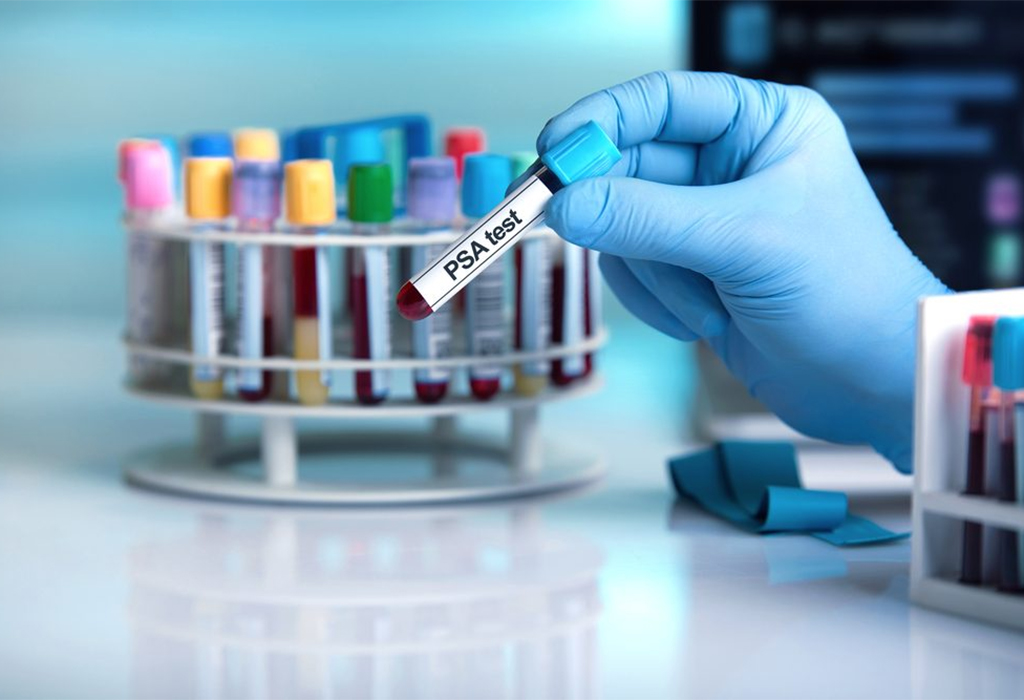WHAT IS RAISED PSA?
The PSA blood test is regularly offered as part of health screenings. PSA stands for Prostate Specific Antigen and as its name suggests, it comes from the prostate. PSA is protein made by both normal prostate cells and also cancer cells of the prostate. It is not made by other body tissues which is why it is “prostate specific”. The function of the prostate is to help make semen more liquid so that the sperm can swim freely. Usually, the PSA is secreted together with semen but abit of PSA can leak back into the blood stream and this is then deteced on the PSA blood test.
PSA was first used in 1986 to monitor patients who already had prostate cancer. A rising level usally indicated that there was progression of the disease whereas a dropping level indicated effectiveness of treatment. In 1994, PSA was approved as a screening test for prostate cancer. Unforuntately, because PSA is also produced by non-cancer cells, it is not very specific for cancer. Nowadays in Singapore, we often use a level of 4.0ng/mL as a cut off for suspicion of cancer where PSA levels of more than 4.0ng/mL are more likely to harbor cancer. This is a rather artificial level as large population studies have found that up to 15% of men with PSA of 4.0ng/mL or less may have cancer of which 15% of those cancers required treatment. As such, patients with a PSA of 4-10ng/mL probably have a 15-25% chance of harboring cancer and a 75% chance that the raised PSA is related to a non-cancerous cause.
Raised PSA levels in the blood can occur in a few situations. This can include situations of enlarged prostate, infections of the prostate or prostate cancer.
SYMPTOMS OF RAISED PSA
Symptoms of raised PSA include urination issues such as poor urine flow or dribbling of urine, straining while urinating, blood in urine or recurrent urinary tract infections with painful urination.
MANAGEMENT OF RAISED PSA
In the setting of a likely infection, antibiotics can be taken to reduce raised PSA.
With suspicion of cancer, further evaluation with multiparametric MRI of the prostate and a more sensitive blood test known as the PHI (Prostate Health Index) test can help determine the likelihood of clinically significant prostate cancer.
The PHI test known as the Prostate Health Index is a formula that combines all 3 PSA forms (total PSA, free PSA, and p2PSA) into a single score. Low PHI scores are associated with a lower probability of prostate cancer and higher PHI scores are associated with an increased probability of prostate cancer.









